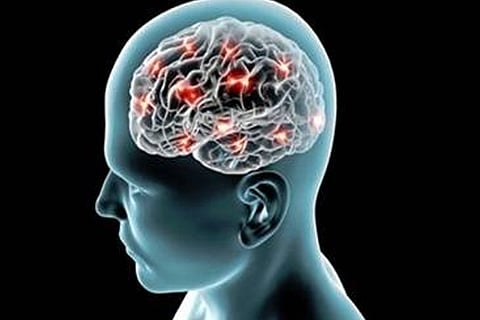

Washington
For the new study, the Yale team used a new functional magnetic resonance imaging (fMRI) technology to capture activity in the hippocampus in 17 babies, aged three months to two years old, as they were presented two sets of images on a screen. One set of images appeared as a structured sequence containing hidden patterns that could be learned. In the other, images appeared in a random order that offered no opportunity for learning. After the babies were shown these two sets of images several times, the hippocampus responded more strongly to the structured image set than to the random image set.
What might be happening, Turk-Browne said, is that as a baby gains experience in the world, their brain searches for general patterns that help them understand and predict the surrounding environment. This happens even though the brain is not equipped to permanently store each individual experience about a specific moment in space and time- the hallmark of episodic memory that is also lost in adult amnesia. The strategy makes sense because learning general knowledge -- such as patterns of sounds that make up the words in a language -- may be more important to a baby than remembering specific details, such as a single incident in which a particular word was uttered.
The size of the hippocampus doubles in the first two years of life and eventually develops connections necessary to store episodic memories, Turk-Browne said. "As these circuit changes occur, we eventually obtain the ability to store memories," he said. "But our research shows that even if we can't remember infant experiences later on in life, they are being recorded nevertheless in a way that allows us to learn from them."
Visit news.dtnext.in to explore our interactive epaper!
Download the DT Next app for more exciting features!
Click here for iOS
Click here for Android